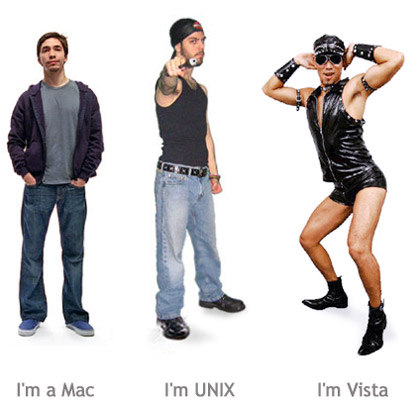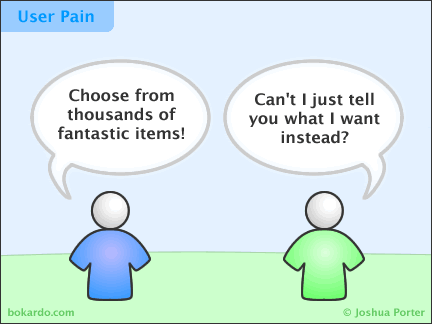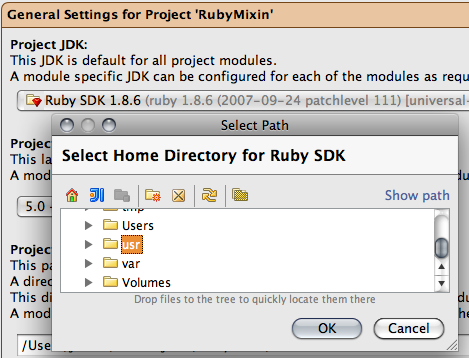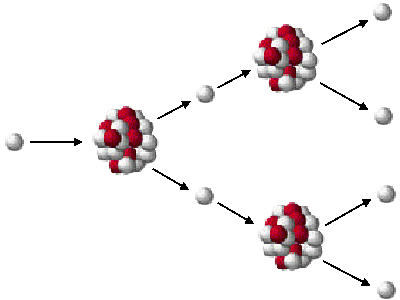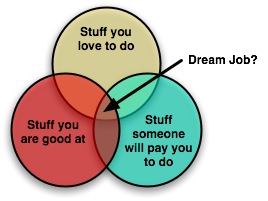There are studies that show that [ 1 , 2 ].
There are a lot of reasons for this fact:

The point is, that in software development change is not an avoidable effect but lies at the core of the domain!
The area of mass manufacturing on the other hand does explicitly not have these characteristics: It is predictable and has a low change rate. This makes it possible to get a stable specification and reliable plans near the start.

Even if you are able to ramp up an infrastructure that would technically allow mass manufacturing, you still cannot avoid dealing with change, which lies in the core of software development. Dealing with change does not fit into the process of mass manufacturing, it actually prevents it! [Remeber the armory scene in Jabberwocky?] |

I think the analogy for an optimal process, a perfect toolchain and a mighty framework should not be the factory but rather the perfectly equipped laboratory: Everything you need for work is available, but doing the work is still a craft and a creative process! |
